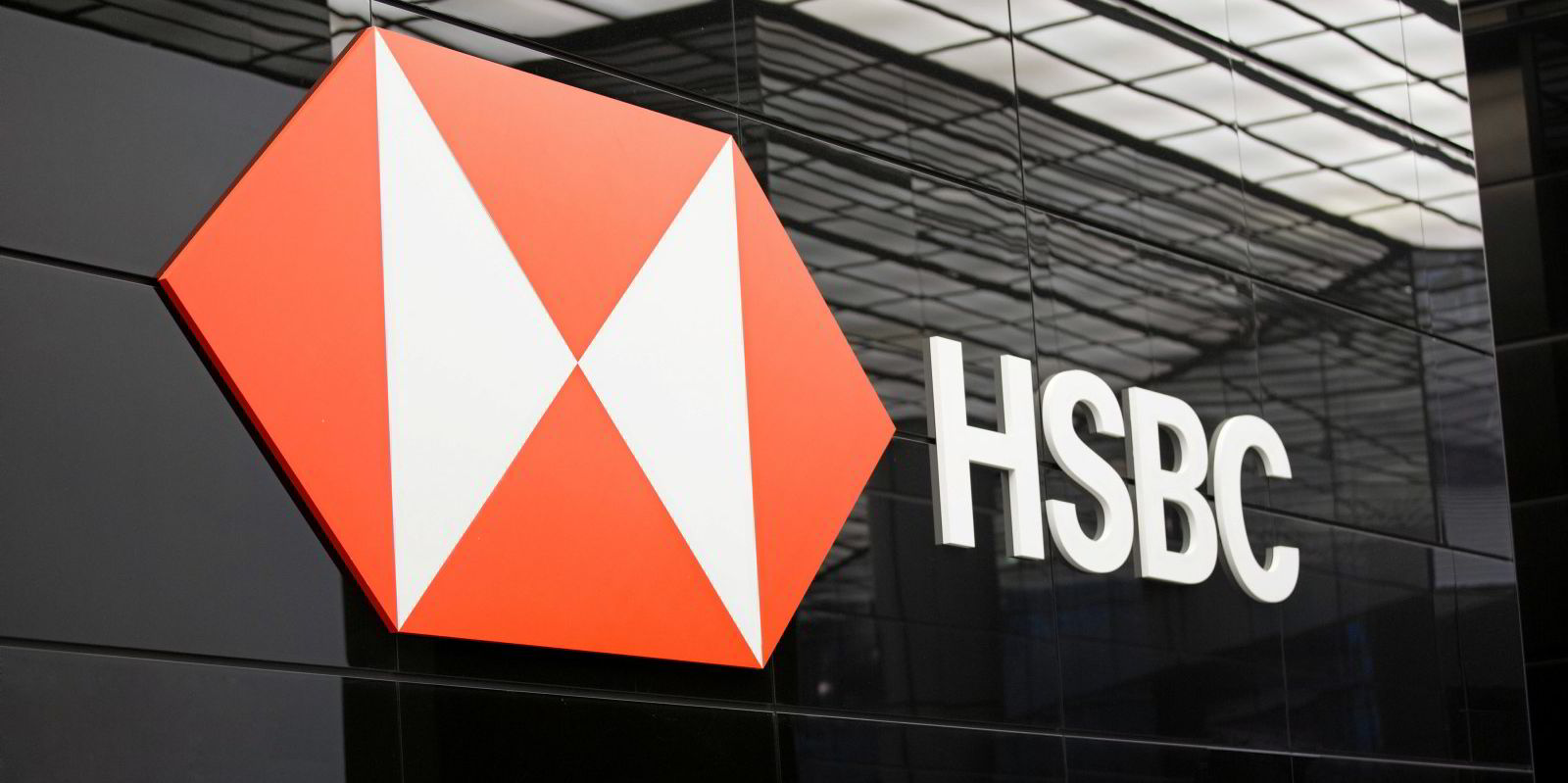Watson Farley & Williams (WFW) confirmed that Greece’s Piraeus Bank has taken a big batch of shipping loans formerly on the books of HSBC.
The international law firm said it advised Piraeus on the acquisition of 26 bilateral loan facilities worth about $265m.
TradeWinds had already reported earlier this year about HSBC withdrawing from shipping and that Greek lenders, mainly Piraeus Bank, were believed to be the biggest buyers of the portfolio.
WFW’s statement confirms that information.
“This transaction resulted from HSBC’s decision to sell its Greek shipping portfolio, of which Piraeus Bank acquired the highest number of loans,” the law firm said in a LinkedIn post.
“The deal involved initial due diligence of 30 loan facilities and preparing bespoke assignment documentation to reflect the terms of agreement between the two banks, as well as the transfer of securities governed by many different national laws.”
It said that 15 of its experts across the world worked on the transaction, led by its assets & structured finance partner in Athens, Alexandros Damianidis.
The deal involved “complex issues arising from the transfer of securities governed by the laws of the significant number of jurisdictions involved”.
Glad to lay their hands on it
Ship finance experts contacted by TradeWinds in January had expressed surprise at HSBC’s decision to withdraw from shipping and its mostly Greek clients, given the health of the related portfolio.
Some suspected that it might have been frustrated in its attempt to combine shipping loans with lucrative wealth management out of Greece.
However, the reason suspected by most is tighter environmental rules.
In its earnings releases last year, HSBC included shipping in a range of activities for which it would soon set “financed emissions” targets — bank-speak for the carbon that borrowers produce.
HSBC, which aims at net-zero financed emissions by 2050, has already adopted interim 2030 financed emissions targets for the oil, gas, power and utility sectors.
Given tighter capital adequacy rules for banks, shipping’s cyclical nature and the public-relations risk posed by some aspects of the business — from scrapping to carbon output — it should not come as a surprise that some big banks are curbing their maritime exposure.
By contrast, Greek lenders, which are more relaxed about environmental aspects and are emerging with new vigour from a crippling sovereign debt crisis, are all too happy to be laying their hands on such business.
As TradeWinds reported recently, citing data by Petrofin Research, Greece’s four big banks, Alpha, Eurobank, Piraeus and National, accounted for 27% of $52bn of total outstanding bank loans to Greek shipping — the highest proportion ever.
In another first, Greece’s big four banks were among the top eight lenders to Greek shipping last year.
According to Piraeus Bank’s latest earnings presentation, performing shipping loans on its books stood at €2.4bn ($2.59bn) at the end of March, up from €2bn a year earlier.
Shipping loans accounted for 8.1% of Piraeus’ domestic portfolio — slightly more than the credit extended by the bank to energy firms and slightly less than its loans to hospitality companies.





